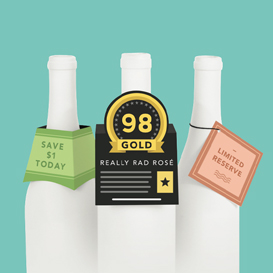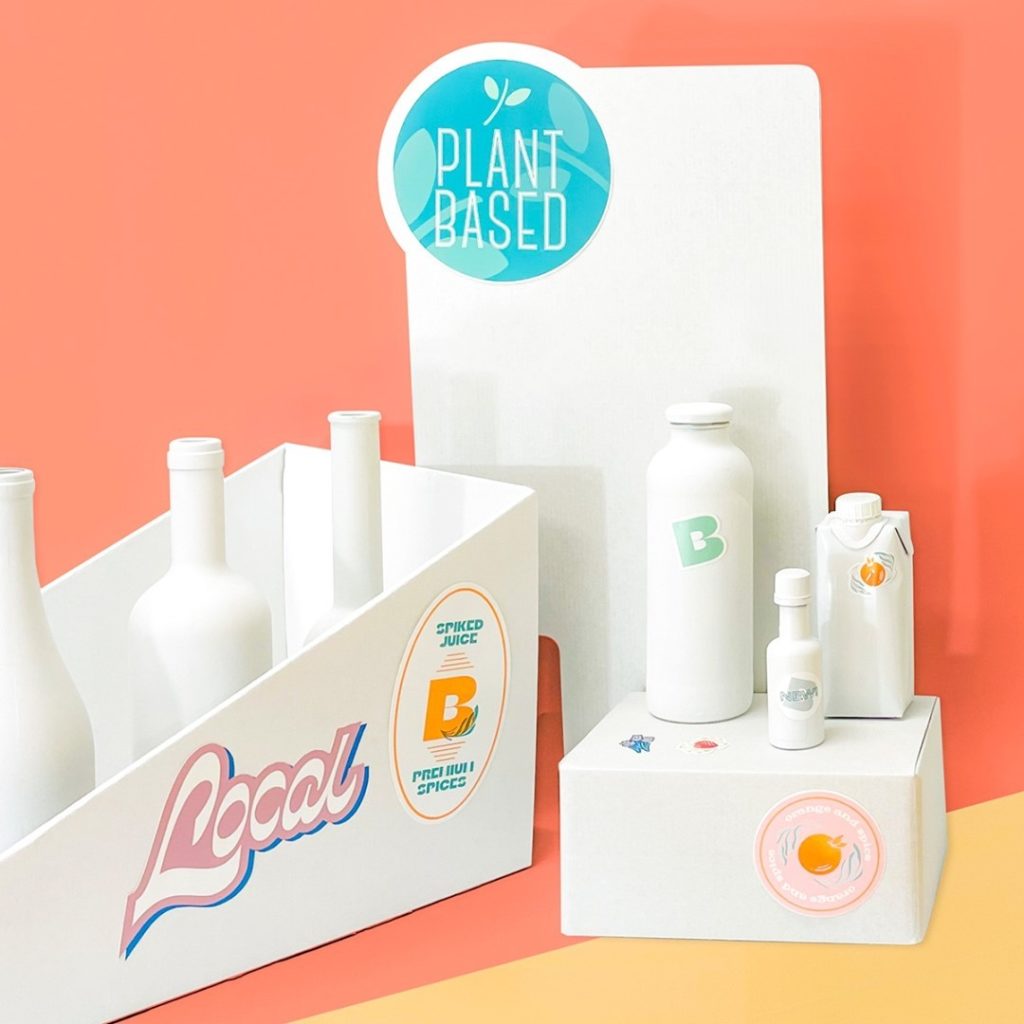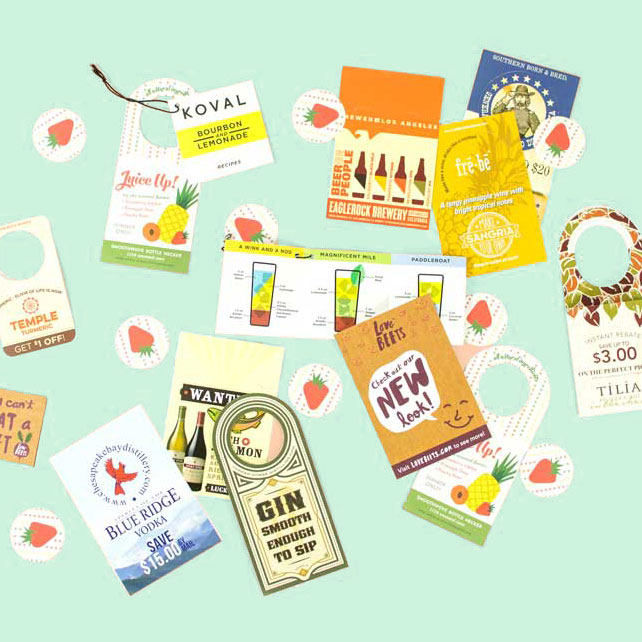| Items | Qty | Price | |
|---|---|---|---|
| $0 |
Getting Started in The Wine Industry
Before beginning operations in the production or sale of wine products, a business owner must first decide on what type of wine activity that the new business will engage in. Doing this will not only determine the specific application procedure needed to be completed, but will also allow the business owner to initiate the application process for that area of wine activity.
When all of the forms and other required application materials are submitted to TTB, a discovery process will verify confirmation of those involved in the businesses legal eligibility. Successful completion of application will result in the authorization by the TTB to begin wine operations.
Identify the type of wine operation you want to start:
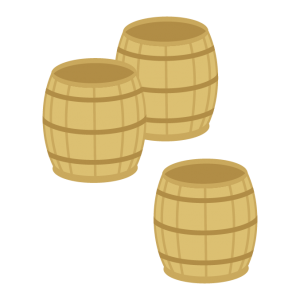 This is possibly the most important, and in many cases, the hardest decision made prior to getting started in the wine industry; deciding which type of operation to initiate. There are four different subdivisions within the Wine Industry:
This is possibly the most important, and in many cases, the hardest decision made prior to getting started in the wine industry; deciding which type of operation to initiate. There are four different subdivisions within the Wine Industry:
- Bonded Wine Premises
- Tax Paid Wine Bottling House
- Vinegar Plant
- Volatile Fruit-Flavor Concentrate Plant
The application process among these four types of wine subdivisions has many similarities, being all in the same industry. However, there are definitely significant differences among them which effect how a business can become qualified within that subdivision of the Wine Industry.
1. Bonded Wine Premises
If the decision for the direction of the business is to assist in the production, blending, cellar treatment, storage, bottling, and/or packaging of wine, then the business will need to apply for a Bonded Wine Premises.
There are two types of Bonded Wine Premises:
- Bonded Winery (BWN): a Bonded Winery is a facility that is authorized to produce wine.
- Bonded Wine Cellar (BWC): a Bonded Wine Cellar does not engage in the production of wine, but in the blending, cellar treatment, storage, bottling, and/or packaging of wine. Some BWCs also blend wine.
2. Taxpaid Wine Bottling House (TPWBH)
- A Taxpaid Wine Bottling House bottles or packages wine on which excise tax has already been paid.
3. Vinegar Plant (VP)
- A Vinegar Plant is authorized to receive untaxpaid wine for the production of vinegar.
4. Volatile Fruit-Flavor Concentrate Plant
- A Volatile Fruit-Flavor Concentrate Plant is authorized to produce concentrate by any process which includes evaporations from any fruit mash or juice.
Application to TTB
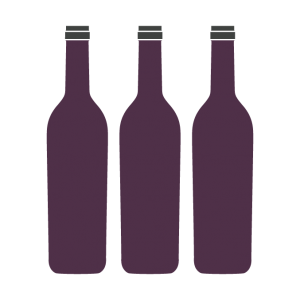 In order to complete the TTB Application process you must not only complete and pass the qualification process, but submit all of the forms that provide the TTB with all the needed information to consider your application.
In order to complete the TTB Application process you must not only complete and pass the qualification process, but submit all of the forms that provide the TTB with all the needed information to consider your application.
The original qualification requires completing the process of providing the TTB with all of the information requested in the application requirements of the Internal Revenue Code and, for producers and blenders, the Federal Alcohol Administration Act.
The purpose of this is to:
- Provide identification of yourself as the applicant.
- Identify the nature, location and extent of the premises where you’ll be conducting business.
- Identify the specific type of operations that will be conducted on the premises.
In order to complete the screening/investigative process TTB will determine that the business is legally eligible and qualified to conduct a wine industry operation. This research is not an overnight process and can take sometimes as long as 90 or more days, but when the research is completed, the applicant(s) will be notified if authorization to proceed with the business has been granted or not.
Submitting the Application
 If someone signs the application on your behalf, you need to give signing authority.
If someone signs the application on your behalf, you need to give signing authority.
This application can be submitted online or through standard mail delivery to the National Revenue Center’s TTB location in Cincinnati, OH.
Incomplete applications cannot be processed by the NRC.
If supplemental documents or information are missing, the application will be returned.
Signing Authority
If someone will be signing the application and/or supporting documents or act on your behalf, you must submit one of the following with your application. If you are filing as a sole owner and someone will sign documents on your behalf, you must file TTB F 5000.8 – Power of Attorney. If you are opening a Experimental DSP, you need to complete TTB F 5000.8.
- TTB F 5000.8, Power of Attorney
- TTB F 5100.1, Signing Authority for Corporate or LLC Officials
- Corporate resolution or specific notification in organizational documents granting this authority
The Decision

For more information, please contact Jacob Halls at Convergence Consulting, 314-768-0220
A TTB Winery Application Specialist will review your application and, if necessary, contact you by telephone to conduct an interview, make necessary corrections or additions to the application and discuss supplemental information or documentation. When the application is correct and the interview process has been completed, one of two things will happen:
- The application will be referred to the Trade Investigations Division for an on-site investigation, or
- Recommendation and decision will be made at the NRC. The recommendations include:
- Approval
- Denial
- Abandonment
This is a rather lengthy process, and this is only the first step of many between the federal and the state government in order to begin producing, labeling and selling your product are continued applications prior to approval. If you have any questions, or would like to utilize our experience and ability to streamline the application process with obtaining your own Bonded Winery please contact us.
